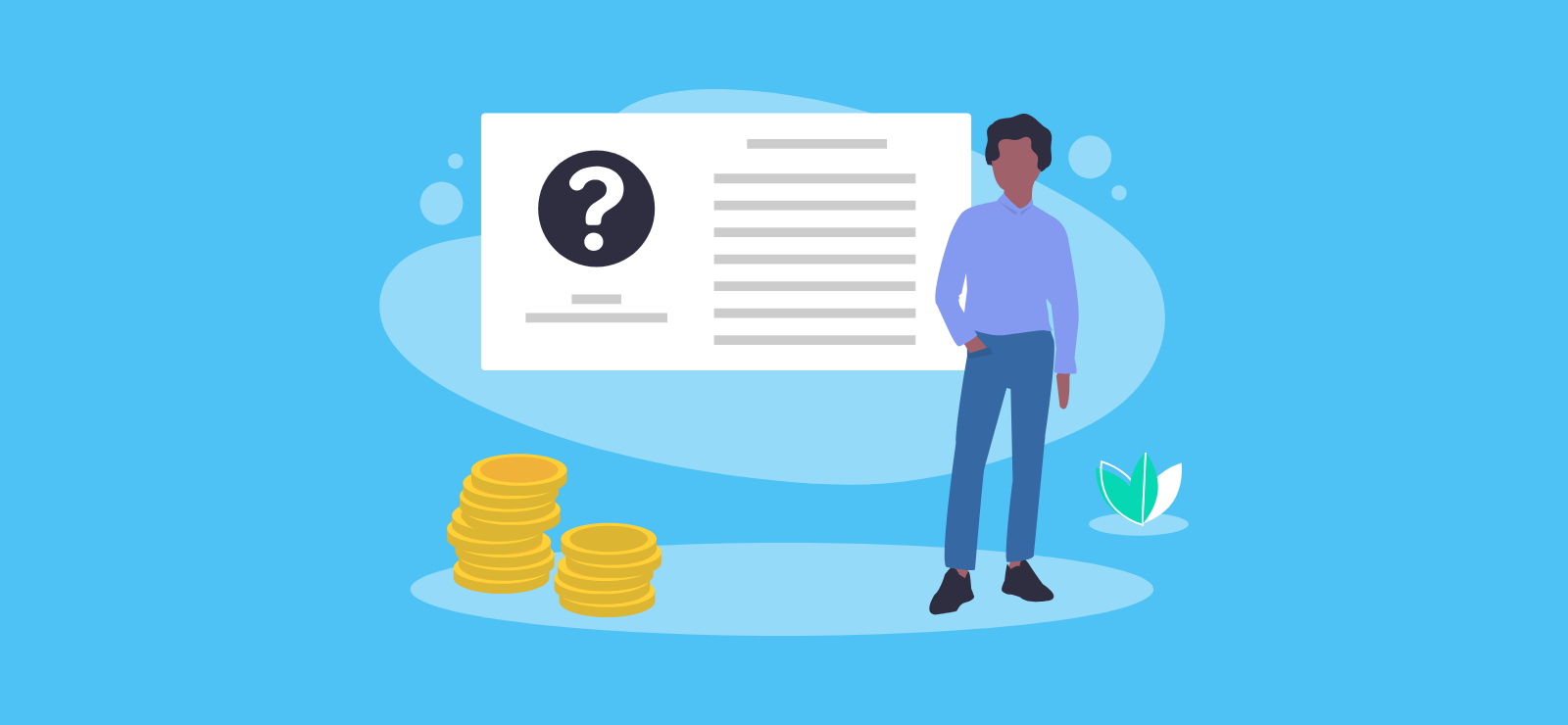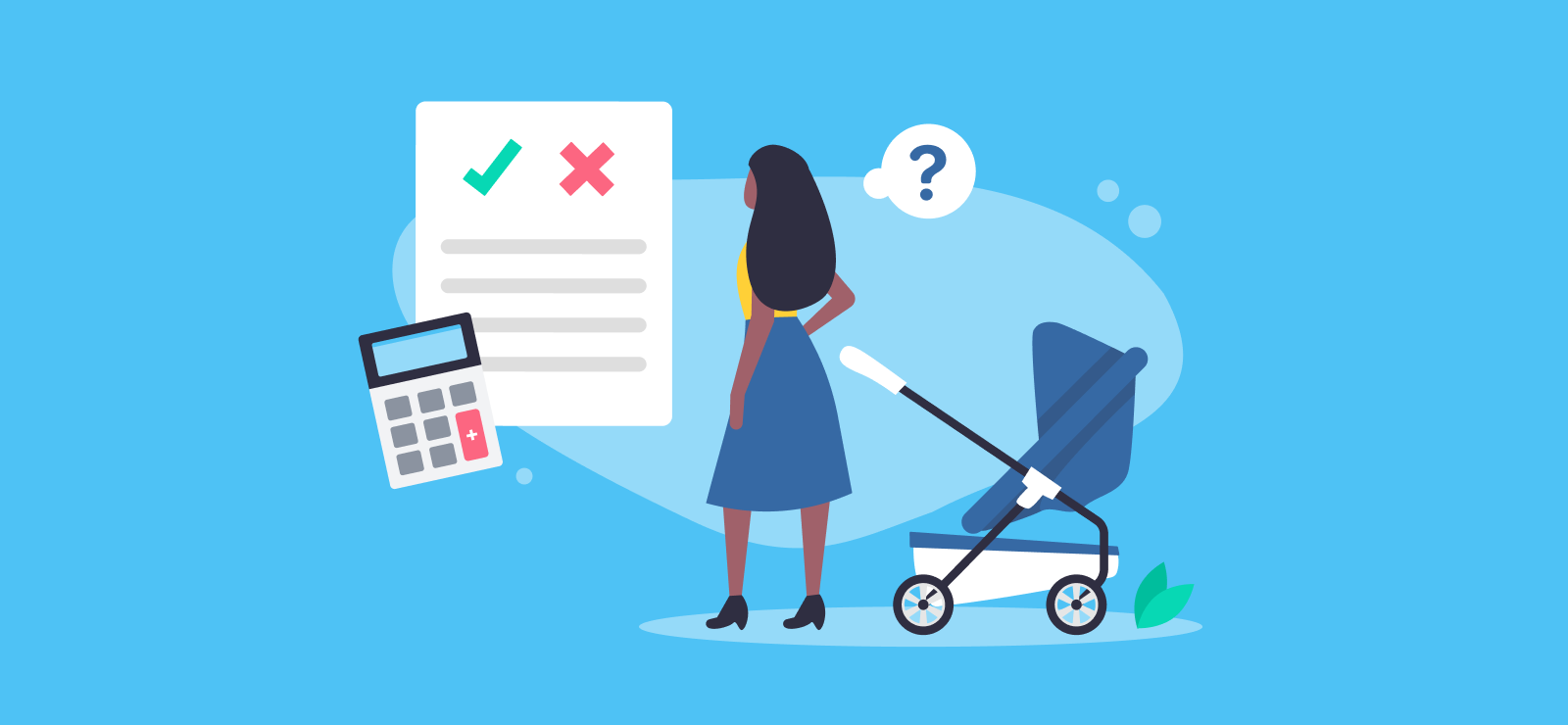

What is National Insurance?
National Insurance is a type of tax you might need to pay on money you earn from an employer, the profits you make from self-employment, or the wages you pay to an employee if you’re their employer. Making National Insurance contributions helps taxpayers qualify for certain benefits, such as the State Pension (although you won’t pay National Insurance on your pension income).
How does National Insurance work?
You’ll start making National Insurance contributions if you’re 16 or over, and your employment earnings or self-employed profits reach the income threshold. Employers also make National Insurance contributions on employee wages above the payment threshold.
The rate that you pay and the threshold at which you start making contributions is determined by:
- How much you earn
- The source of your income
- Your age
- Residence status
How do I pay National Insurance?
If you work for an employer, they will deduct any National Insurance contributions you owe from your wages each time they pay you, and then report the amounts to HMRC through the PAYE system before sending the payment on.
The deductions they take will be shown on your payslip, along with the amount they contribute as your employer.
Self-employed people make National Insurance contributions based on the profits they report on their Self Assessment tax return, and pay what they owe at the same time as paying their tax bill. Some people can also use a CA5601 form to request permission to pay their National Insurance contributions by direct debit.
How much NI do I have to pay?
The amount of National Insurance you have to pay depends on your income, and how you earn it. The different types of National Insurance are known as ‘classes’, and they each have their own thresholds (the point at which you start paying) and rates (the amount that you pay).
Different types of National Insurance
| Class 1 (Primary) | What employees pay on wages earned from an employer |
| Class 1 (Secondary) | Employers’ contributions towards employees’ National Insurance |
| Class 1A or 1B | Additional National Insurance contributions employers must make if they provide benefits to employees, (sometimes known as Benefits in Kind, or BiKs) |
| Class 2 | Self-employed people pay this on profits earned from doing business. This type of NI was abolished from April 2024 onwards. |
| Class 3 | Voluntary contributions you can make in order to top up the amount of NI you paid in a tax year |
| Class 4 | Payable by self-employed people on the profits they make |
What if I earn less than the threshold?
This normally means that you won’t need to make National Insurance contributions, but you won’t necessarily miss out on your eligibility to receive various benefits in the future.
For example, if you’re self-employed and your profits are between the £6,845 Small Profits Threshold and £12,570 Lower Profits Threshold, you’ll continue to earn National Insurance ‘credits’. This means you’ll continue to accrue benefits and be entitled to the State Pension, even though you won’t make actual payments.
What if I stop working?
If you’re a carer or too ill to work, you may be eligible for National Insurance credits so that you don’t have gaps in your NI record. This means that the amount of pension or benefits you can access won’t be affected.
If you are unable to claim National Insurance credits, you may decide you want to pay voluntary National Insurance Contributions instead.
Can I reclaim National Insurance if I pay too much?
Yes! Like all taxes, you can claim a refund if you overpay. Use HMRC’s online tool to claim a National Insurance refund.
When will I stop paying National Insurance?
You’ll pay National Insurance on earnings above the NI threshold from the age of 16 until you reach state retirement age.
What if I carry on working when I reach state pension age?
You won’t make National Insurance contributions once you reach state pension age, even if you continue working or start your own business after retirement – although you will pay income tax if any is due.
If you reach state pension age during a tax year and you’re self-employed then your Class 4 contributions will continue until the end of the tax year.
Do I need a National Insurance number?
You’ll need a National Insurance number to work in the UK, even if you work for yourself. This is a unique reference number which helps HMRC keep track of the contributions you make towards your National Insurance record.
How do I get a National Insurance number?
If you were born in the UK, you will usually be sent your National Insurance number just before your 16th birthday.
You can also apply online for a National Insurance number, but you may need to prove you have the right to work. For example, if you enter the UK on a visa you will need to show that it gives you the right to work as well as entry.
Up until 1984, a person was sent their National Insurance number on a notification card, similar to a postcard. From 1984 until 2011, this was sent as a plastic card, similar to a debit or credit card. These days your National Insurance number will sent to you in a confirmation letter.
What does a National Insurance number look like?
A National Insurance number consists of two letters, followed by six digits, and then one letter, e.g. AB 12 34 56 C
Although the first two letters and the six digits of a National Insurance number are unique to each individual, the last letter will be either A, B, C or D. Your National Insurance number will never change, whether you get married, change your name, or go abroad to live.
What happens if I lose my NI number?
You’ll usually be able to find your National Insurance number on any payslips or tax documents you have, such as a P45 or P60. You can also view your NI number online using your Personal Tax Account.
If you don’t have access to any of these, contact HMRC so they can resend it to you.
Learn more about our online accounting services for businesses. Call 020 3355 4047 to chat to the team, and get an instant online quote.
Want to learn more?
Subscribe to our newsletter to get accounting tips like this right to your inbox

Read more posts...

How Do Footballers Pay Tax?
24th February 2026We all know top-flight footballers do alright. But how does tax work for professional footballers? Is it treated as self-employed income, or…
Read More
The Accountancy Partnership – Our Positive Reviews
16th February 2026We’re proud of our customers’ reviews here at The Accountancy Partnership The reviews we receive from our customers show how hard we…
Read More
Maternity Pay for Self-Employed People
15th February 2026As a self-employed person you might be eligible to get Maternity Allowance payments for up to 39 weeks. It’s different to Statutory…
Read MoreConfirm Transactions
The number of monthly transactions you have entered based on your turnover seem high. A transaction is one bookkeeping entry such as a sale, purchase, payment or receipt. Are you sure this is correct?
Please contact our sales team if you’re unsure
VAT Returns
It is unlikely you will need this service, unless you are voluntarily registered for VAT.
Are you sure this is correct?
Call us on 020 3355 4047 if you’re not sure.
MTD IT Quarterly Updates
Your final, end of year MTD Income Tax submission is included in your fee, without this add-on service.
We would recommend you submit the quarterly updates yourself using Pandle or alternative bookkeeping software.
However, if you would prefer us to submit these quarterly updates for you, there is an additional fee of £35.00 per month.
Call us on 020 3355 4047 if you’re not sure.
Bookkeeping
You will receive our bookkeeping software Pandle for free, as part of your package.
You can use this to complete your own bookkeeping, or we can provide a quote to complete your bookkeeping for you.
Please select and option below:
Call us on 020 3355 4047 if you’re not sure.

